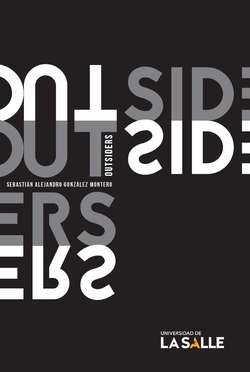Отрывок из книги
Introducción
Mustang
.....
8 En una de las páginas más conmovedoras de Albert Nobbs, el personaje Hubert Page dice, a propósito de su propia historia: “[…] Hubert began, perhaps you’d like to hear my story of her unhappy marriage: her husband, o house-painter, had changed towards her altogether after the birth of her second child, leaving her without money for food and selling up the hombe twice. Al last I decided to have another cut at it, Hubert went on, and catching sight of my husband’s working clothes one day I said to myself: He’s often made me put these on and go out and help him with his job; why shouldn’t I put them on for myself and go away for good? I didn’t like leaving the children, but I couldn’t remain with him. But the marriage? Albert asked. It was lonely going home to an empty room; I was as lonely as you, and one day, meeting a girl as lonely myself, I said: Come along, and we arrange to live together, each paying our share. She had her work and I had mine, and between us we made a fair living […]” (Moore, 2011, p. 33).
9 Por ejemplo, alguien ha actuado, pero no tan intensamente como podría si las condiciones hubiesen sido mejores. Piénsese en un joven brillante con buenos resultados académicos, pero en condiciones escolares precarias. ¿Qué habría pasado si tales condiciones hubieran sido mejores? O piénsese en que, aún en condiciones favorables, los individuos no actúen con suficiente intensidad y en la medida de sus capacidades. En recientes entrevistas en The Talks, Alejandro Iñárritu (2016) y Francis Ford Coppola (2012) coinciden en que las condiciones de la industria del cine son favorables a la producción de películas de entretenimiento y no tanto a la producción de piezas de arte más interesantes en perspectiva estética. Incluso se quejan del hecho de que, en semejantes condiciones del negocio, es prácticamente un riesgo o un lujo producir películas alejadas de elementales criterios financieros.
.....
